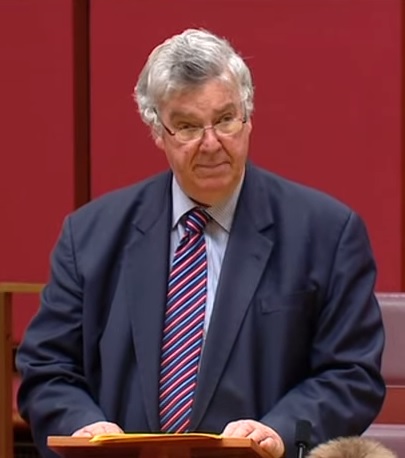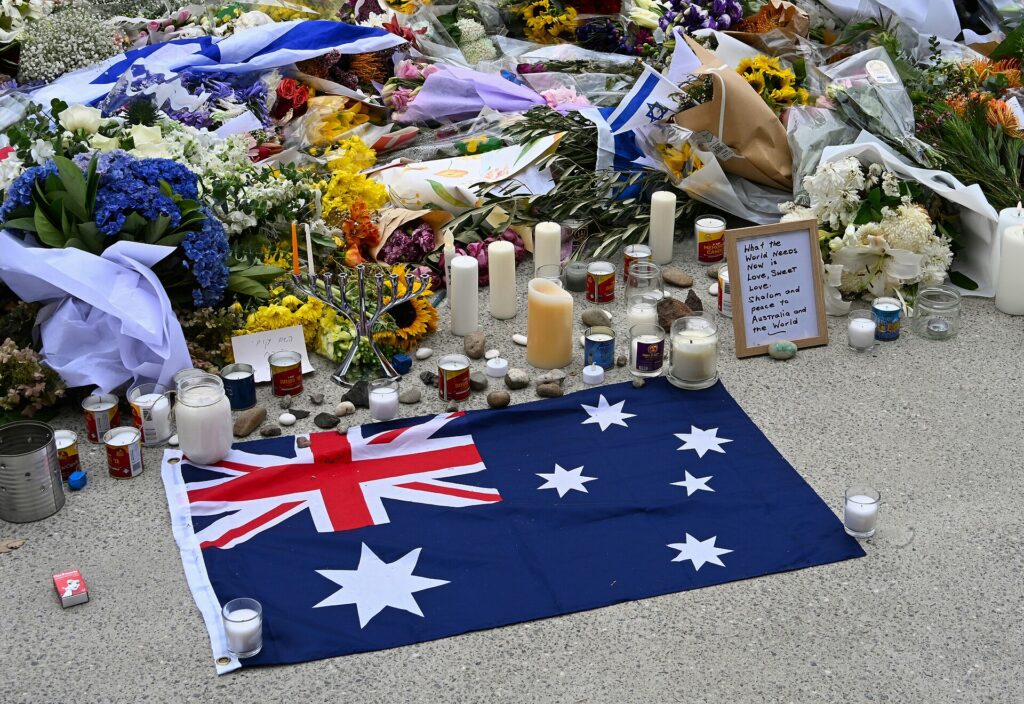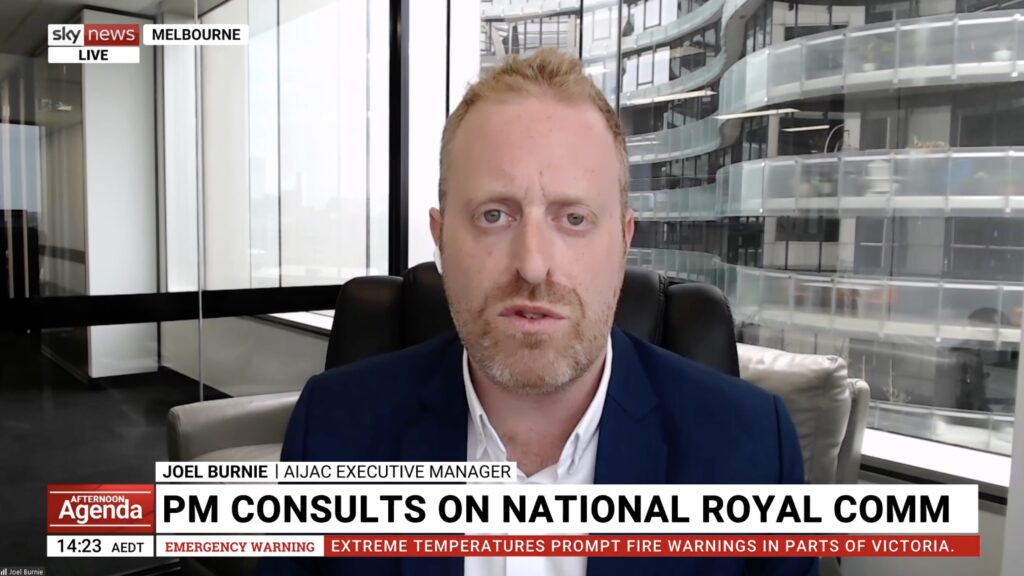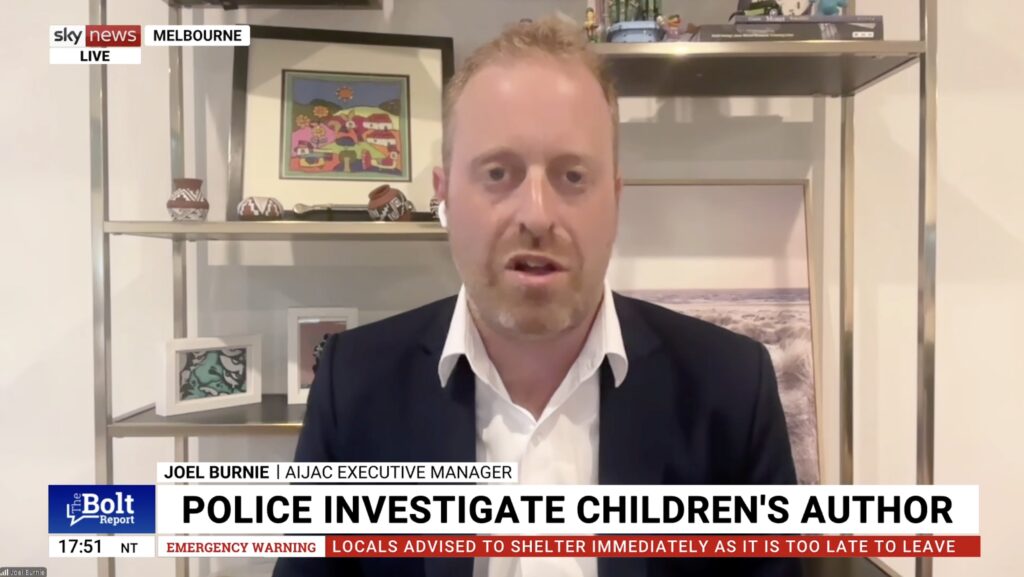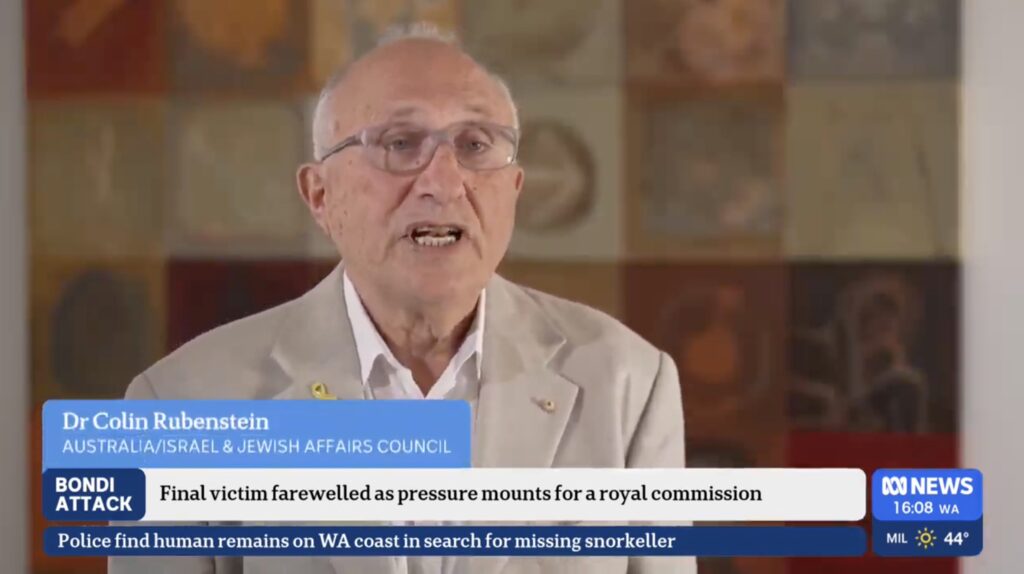UPDATES
A Good Deal on Iran’s Nukes? The Iranians certainly think so
November 26, 2013 | Or Avi Guy
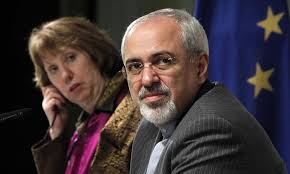
Or Avi-Guy
When the delegates of the P5+1 convened in Geneva to finalise an interim agreement with Iran they were supposed to have one goal in mind – to stop Iran’s nuclear program. That would, in theory, include halting uranium enrichment, building of the plutonium-producing “heavy water” reactor in Arak and the development of related military and weapon capabilities. These are in contravention of international law, as Iran is a signatory to the Nuclear Non-Proliferation Treaty (NPT), and, in view of Iran’s past failure to comply with NPT provisions, it is prohibited from enriching uranium by six binding UN Security Council resolutions.
So is the new interim deal a step towards “a future in which we can verify that Iran’s nuclear program is peaceful and that it cannot build a nuclear weapon” as US President Obama put it?
The Iranians certainly don’t seem to think so.
Iranian Foreign Minister Mohammad Javad Zarif stated that the agreement reached represented “a big success for Iran” and that “all plots hatched by the Zionist regime to stop the nuclear agreement have failed.” Iranian President Hassan Rouhani emphasised that the agreement “recognized Iran’s nuclear rights.” It seems pretty obvious that there is a gap between the P5+1 objectives and the end-result as perceived by Iran.
Those hopefuls who thought that Rouhani’s Iran is moderating and will give up its nuclear plans appear to be in for a rude awakening. Rouhani clearly stated after the deal was signed that Teheran’s enrichment activities will continue without major changes. Zarif said at a press conference in Geneva that Iran will never stop enriching uranium, and that enrichment “will be a part of any agreement now and in the future,” as Iran has an “inalienable right” to develop nuclear technology. Zarif later added at Teheran’s Mehrabad Airport that “in the present agreement, it has been emphasised at two different points that there will be no solution without [the existence of] a nuclear enrichment program inside Iran.” The agreement does effectively allow existing enrichment to continue – placing a theoretical ceiling on Iran’s enriched uranium stocks, but one which has an indefinite timeline regarding when Iran will have to convert any newly enriched uranium it creates to a less-dangerous form. It permits Iran to keep its main enrichment facilities, and only prohibits installing new centrifuges. The Arak, Fordow, and Natanz facilities can continue to operate, according to the Iranian Foreign Ministry. During those six months, no new sanctions will be imposed on Iran, and some sanctions will be lifted.
Zarif describes the interim deal as a first step leading to a deal giving Iran everything it wants, “In the final step, the (uranium) enrichment process will be accepted and at the same time all the sanctions will be lifted.” According to Zarif, the goal of the process is simply to get rid of sanctions, while normalizing Iranian nuclear activity. Meanwhile, Iran’s concessions are insignificant: “None of the nuclear facilities will be shut down… all of our confidence-building actions and commitments are reversible, and we can undo them in a matter of a few weeks.”
When asked about Israel’s reaction and the possibility of military action, Zarif replied (while managing not to mention the word “Israel”):
“We are trying to move forward with the international community… They must accept [the] fact that [the] threat of war is illegal. War is unnecessary, imprudent and illegal. If we can prevent that, it is an accomplishment. The force option is no longer on the table.”
This is probably one of Iran’s greatest achievements in this agreement – it seem to effectively remove the military option from the table, well before the Iranian nuclear threat has been decisively resolved. The credible threat by the international community to use precision strikes to destroy Iran’s illegal nuclear infrastructure was exchanged for a deal in which the international community is offering immediate concessions for (possible) future restrictions. “Sticks and carrots” appears to have become “carrots and ‘let’s hope for the best'”. Now Iran has even less incentive to forsake its plan to develop nuclear weapon capabilities.
Meanwhile despite wishful thinking about the supposed “moderation” of the Iranian regime under new President Rouhani – who it must always be remembered is subordinate to Supreme leader Ayatollah Ali Khamenei, and does not set policy on the nuclear program – state-sponsored Iranian media continues to spread antisemitic conspiracy theories.
This time, to commemorate the 50th anniversary of President John F. Kennedy’s assassination, Press TV, Iran’s state-sponsored English- language outlet, decided to blame… the “Zionists”. It ran an article by an American 9/11 conspiracy theorist arguing that Israel, as the article’s title suggests, “called the shots from the grassy knoll.” It claimed: “[…]Israel and its global Zionist crime syndicate were major players if not THE main player in the JFK assassination.”
Then, like in any other wild conspiracy theory, the author simply lists a series of unrelated events in a way which suggests some kind of causal link:
“Israel had a powerful motive… Ben Gurion haughtily refused to answer JFK’s letter demanding that Israel abandon its nuclear aspirations. Instead, he resigned. Six months later, JFK was publicly executed. A few years after that, Ben Gurion got his nuclear weapons… and his longed-for war of aggression to steal Jerusalem.”
And presto – the “conclusion” is that Israel is behind JFK’s assassination.
And because no conspiracy theory is really complete without them, he adds the all-too-familiar antisemitic claims about Jewish power and influence:
“The tiny Zionist entity of eight million people, together with its millions of fanatical loyalists all over the world, clearly dominates U.S. foreign policy, and has done so since the murder of JFK.”
Meanwhile, Israel is far from the only one to be concerned about this new deal. Saudi Prince Alwaleed bin Talal, very candidly expressed Saudi Arabia’s doubts about the US position in the negotiations and was very candid about how this issue is bringing Israel and the Sunni Arab states together. He confessed that:
“There’s no confidence in the Obama administration doing the right thing with Iran. We’re really concerned — Israel, Saudi Arabia, the Middle East countries — about this.”
Alwaleed bin-Talal believes that Iran is only negotiating to lift sanctions, which are paralysing its economy, and is not sincere in terms of offering any concessions. In an interview with Jeffrey Goldberg he endorsed the preferred Israeli position that sanctions relief should only follow significant rollback of the Iranian nuclear program:
“Why are they offering relief? Keep the pressure on. Sanctions are what brought about the negotiations to begin with! Why not keep the pressure up?”
Bin Talal criticised the US administration for accepting a deal with Iran which he sees as flawed, and for not reacting more strongly when Syria passed the red-line Obama himself drew, by using chemical weapons:
“When he put that red line out, and the red line was crossed, he blinks,” he said, going on to suggest that Obama is mistaken to believe that Syria will, in fact, ship out all of its chemical weapons, as it has agreed to do.”
And asked about an Israeli military strike on Iran’s nuclear facilities, Bin Talal said of the Sunni Arab reaction:
“Publicly, they would be against it… Privately, they would love it.” He also made it clear he was talking about the “Arab street”, as much as governments, insisting ” The Sunnis will love it.”
And asked whether the Sunnis really loathe Iran more than Israel, he said:
“Look, Iran is a huge threat, historically speaking. The Persian empire was always against the Muslim Arab empire, especially against the Sunnis. The threat is from Persia, not from Israel.”
Tags: Anti-Zionism

